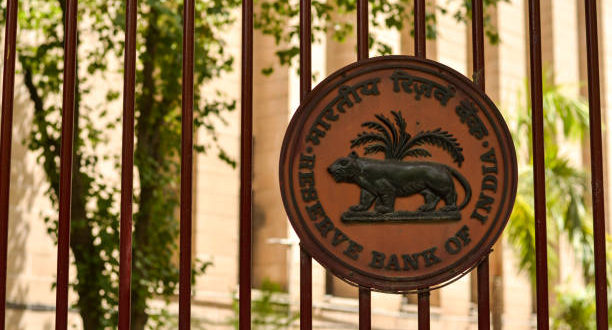The Reserve Bank of India (RBI) has released a set of guidelines for fintech companies operating in the country, with a focus on ensuring the safety and security of customers’ data. These guidelines place a strong emphasis on the importance of data protection and data backup in the financial sector, as the mishandling of sensitive information can have serious consequences for both customers and the companies themselves.
Data protection refers to the measures taken by a company to secure sensitive information from unauthorized access, use, disclosure, disruption, modification, or destruction. In the financial sector, this includes personal financial information such as bank account numbers, credit card details, and transaction histories. Data protection is essential in the financial sector, as the loss or misuse of this type of information can lead to financial fraud and identity theft.
Data backup, on the other hand, refers to the practice of regularly creating copies of data in case of data loss or damage. This ensures that a company can recover its data in the event of a disaster such as a cyber attack or hardware failure. Data backup is important for all businesses, but it is especially critical in the financial sector where the loss of data can have serious consequences for customers and the company itself.
The RBI guidelines for fintech companies outline the importance of both data protection and data backup in ensuring the integrity and reliability of financial services. These guidelines require companies to implement robust measures to protect customer data and to regularly back up this data to secure servers.
One key aspect of the RBI guidelines is the requirement for fintech companies to have a data protection policy in place. This policy should outline the measures taken to protect customer data and the procedures for data backup and recovery. The policy should be regularly reviewed and updated to ensure that it remains effective and that it meets the evolving needs of the company and its customers.
In addition to having a data protection policy in place, the RBI guidelines require fintech companies to appoint a Chief Data Officer (CDO) who is responsible for overseeing the company’s data protection and backup efforts. The CDO must report directly to the board of directors and be accountable for all data-related activities within the company. The appointment of a CDO is an important step in ensuring that data protection and data backup are given the attention they deserve at the highest levels of the organization.
The RBI guidelines also place a strong emphasis on the need for fintech companies to implement robust security measures to protect customer data. This includes measures such as encrypting data in transit and at rest, implementing secure login procedures, and regularly updating security software and systems. In addition, the guidelines require companies to have a plan in place for responding to security incidents, including procedures for notification and communication with customers, regulatory authorities, and other stakeholders.
Another important aspect of the RBI guidelines is the requirement for fintech companies to conduct regular risk assessments to identify potential vulnerabilities in their data protection and data backup systems. These risk assessments should be thorough and should take into account the specific risks and challenges faced by the company and its customers. The results of these risk assessments should be used to inform the development and implementation of appropriate risk management measures.
In summary, the RBI guidelines for fintech companies place a strong emphasis on the importance of data protection and data backup in ensuring the safety and security of customers’ data. These guidelines require companies to implement robust measures to protect customer data and to regularly back up this data to secure servers. They also require the appointment of a CDO and the implementation of robust security measures to protect customer data. By following these guidelines, fintech companies can ensure that they are providing reliable and trustworthy financial services to their customers.
